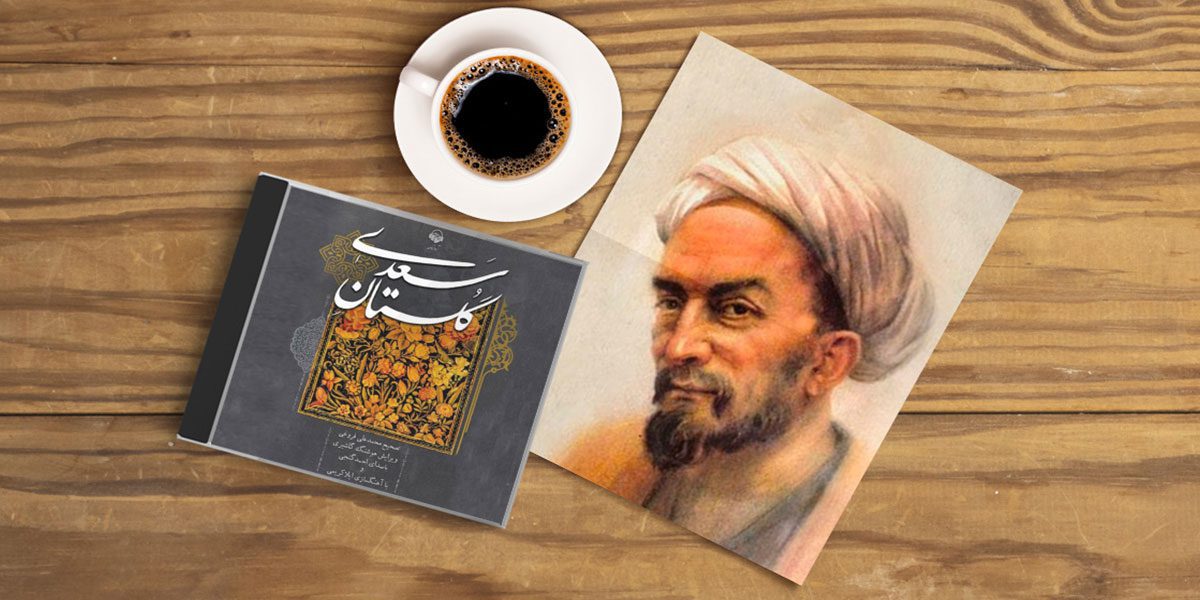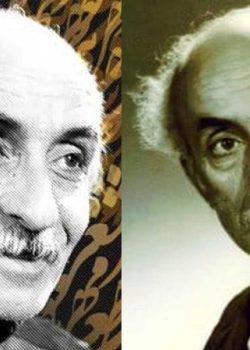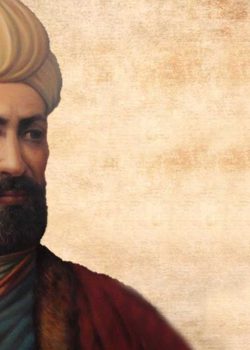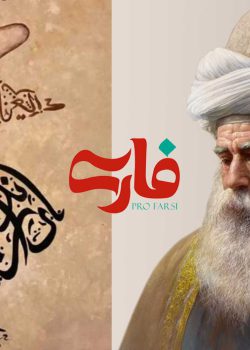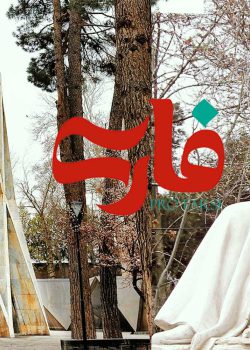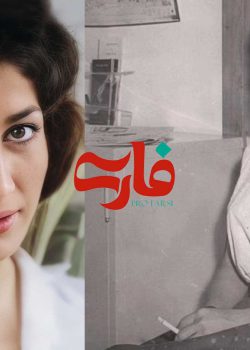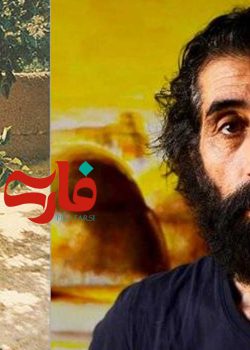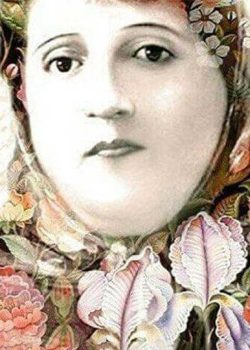Saadi Shirazi, the pride of Persian literature
Saadi is one of the greatest poets in Persian literature, renowned globally for his wise and poetic words that capture the heart of any listener. “The master of speech” and “the wordsmith” are two of his nicknames among Persian scholars. Being one of the most influential Persian poets, Saadi captivates audiences with the simplicity of his words while expressing the most profound moral and social thoughts. His most remarkable works are Golestan and Bustan, recognized as literature’s wonders globally. Let’s get to know Saadi better and learn about his life, outstanding works, and writing style. Read on to learn more about this celebrated Persian poet.
Who is Saadi Shirazi?
Saadi was born in Shiraz in the 13th century or 1200 AD. Although his exact birth date is unknown, it is known that after growing up and leaving Shiraz (His birthplace), he attended the Nazamiyeh University in Baghdad to study theology, history, Islamic sciences, law, and Arabic literature. He traveled a lot in his thirties, and later on, he wrote about them in his books Bustan and Golestan. In addition, he encountered intellectuals, merchants, preachers, farmers, ordinary people, survivors of the Mongol invasions, Sufi dervishes, and even thieves living in remote areas far from the invasion zone.
In his late forties, Saadi returned to Shiraz and stayed there for the rest of his life. That was the time he finished composing one of his masterpieces, Bustan. The people of Shiraz respected him deeply, for he was a great preacher and artist. Because of his vast knowledge, he was given the title “Sheikh,” which means “one who possesses great knowledge” in Persian.
Here’s a quick biography of Saadi Shirazi:
| Birth Date | The exact date is uncertain. Experts believe it was between 1209 and 1210 AD. |
| Birth Place | Shiraz, Fars |
| Occupation | Poet |
| Language | Persian, Arabic |
| Notable works | Golestan, Bustan |
| Marital Status | Uncertain (However, in colloquial Persian, the phrase “Saadi’s wife” has a negative connotation) |
| Children | Uncertain |
| Remembrance Day | The exact date is uncertain. Experts believe it was between 1291 and 1292 AD. |
| Saadi’s Commemoration Date | 1st day of Ordibehesht or 20th April |
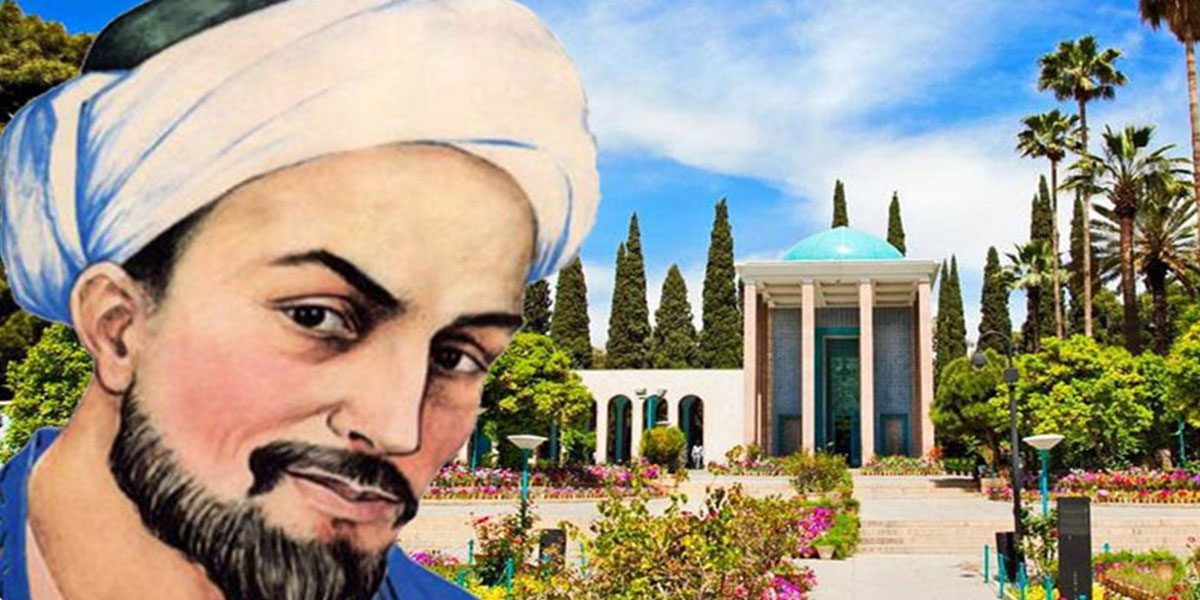
Saadi’s Bustan
Bustan (or Bostan) is one of Saadi’s masterpieces, which was completed in 1257. In some older versions, Bustan was called Saadi Nameh. This book is composed in rhyming couplets (Mathnavi) and is recognized as one of the 100 greatest books of all time, according to Bokklubbon World Library. Bustan is entirely in verse (epic meter) and contains 183 stories in ten chapters illustrating Muslim virtues (liberty, modesty, love, justice, contentment) as well as observations on Dervishes’s behavior. Bustan contains about 4000 verses.

Saadi’s Golestan
A year after composing Bustan, Saadi finished another masterpiece called Golestan. Golestan is mainly composed in prose and contains stories and personal anecdotes in eight chapters. Several short poems, which contain advice, aphorisms, and humorous reflections, are scattered throughout the text. As a result, Saadi demonstrated a profound understanding of the absurdity of human existence. He also contrasted the fate of the dervishes with that of those who depend on the whims of their kings. Saadi strongly advises people to live freely and improve their quality of life. Golestan reflects the cultural and social conditions of the society at the time Saadi composed it. In the anecdotes, some characters are real, and some are fictional. Golestan is among the first Persian books made by a print machine in 1824 in Tabriz. To this day, Iranians quote Golestan in their everyday conversations to advise morality and modest behavior.
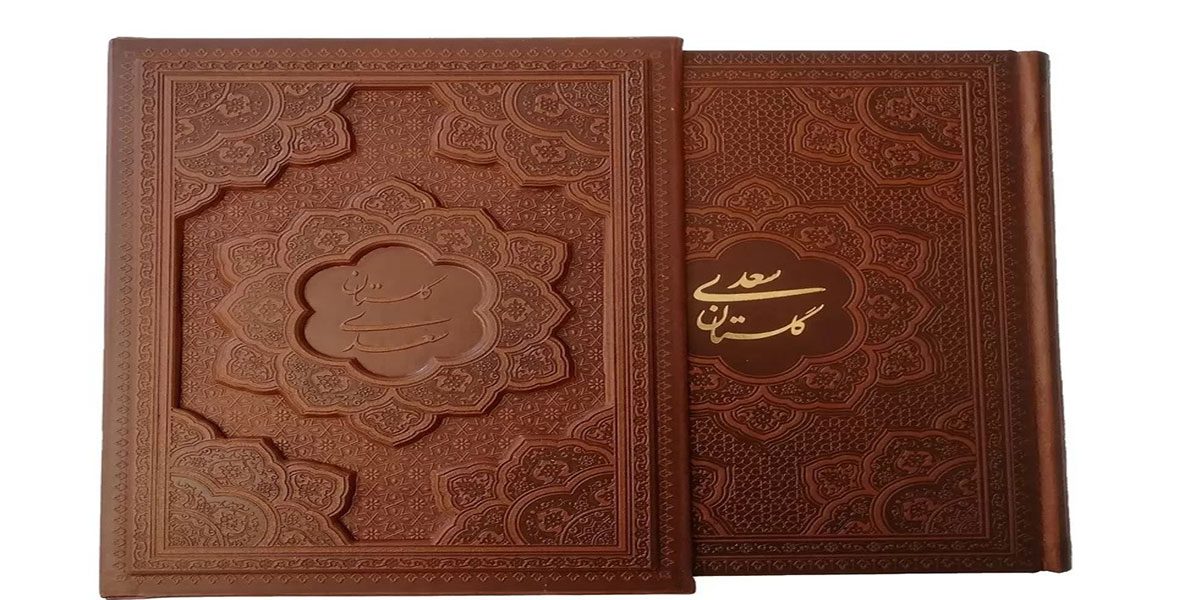
Saadi’s other works
Although Bustan and Golestan are Saadi’s most notable works, his works are not limited to them. He is vastly recognized for his Ghazals (love poems or lyrics, sonnets), Quatrains, Qasidas (longer mono-rhyme poems or Odes), and short pieces in prose in Persian and Arabic. Besides Hafez, Saadi is one of the greatest Ghazal writers in Persian poetry, with about 700 Ghazals. These Ghazals are primarily about the essence of love, and some include mysticism sermons. Saadi leverages profound irony to demonstrate and criticize the corruption and deficiencies in society.
Saadi’s Ghazals are divided into four categories:
- Old Sonnets, which were written in his youth,
- Tayebat and Badaye, which were written in his middle age,
- Khavateem, which was written when he was much older.
According to many experts, the love that Saadi talks about in his old Sonnets is mostly about earthly love. As he grew older, he passed the earthly love to the mystical love. As a result, his Khavateem circles mystical love, ethics, and righteousness.
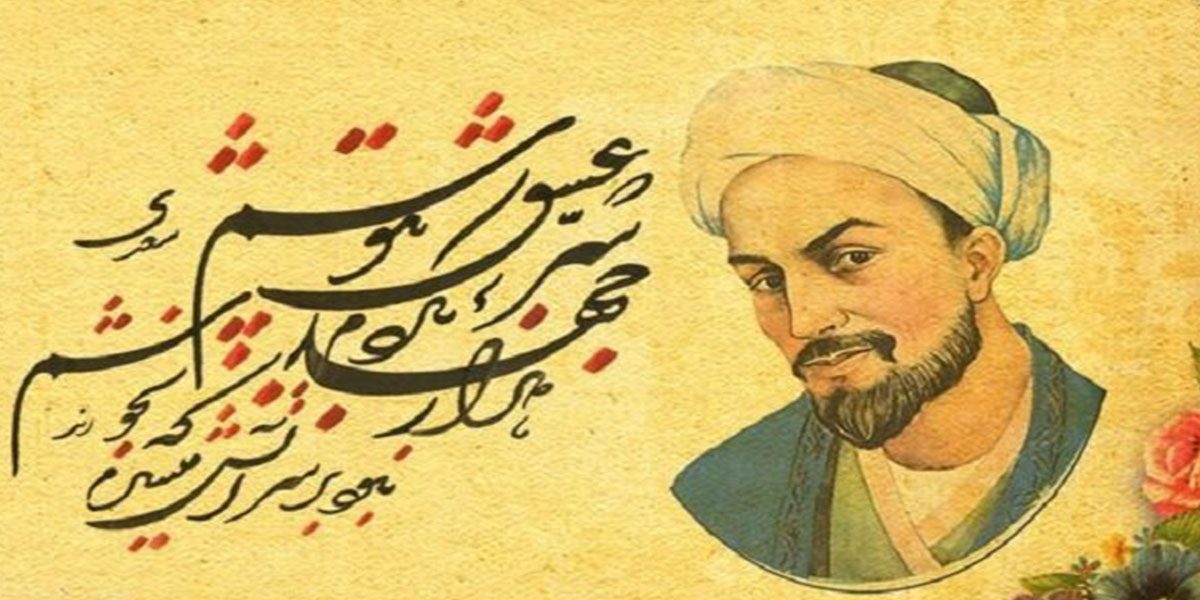
Saadi’s style of writing
In his works, Saadi demonstrates the spiritual and mundane aspects of life. His sole purpose in writing was to visualize the deepest meanings of life in a way that even common people can relate to and understand. The contexts that he used are very tangible and close to conversational language. Saadi’s prose style is unique and described by experts as simple but impossible to imitate. Its simplicity is grounded in a semantic web of synonymy, oxymoron, and homophony integrated with internal rhythm and external rhyme.
Saadi Shirazi had profound views on religious authority and the manipulation of religious beliefs. That is why his views are evident in his most notable works. He was strongly against the religious preachers using religion as a tool to control and manipulate the masses’ minds. However, it is essential to note that Saadi was not against religion itself. As a matter of fact, he believed that religion is a source of wisdom and guidance, emphasizing the importance of contemplating humanity, morality, and mindfulness. Saadi directed his criticism toward those religious jurists, also known as Faghih in Persian, who exploited people’s religious convictions for their own selfish agendas. He did his best to call for a more sincere and authentic religious practice, prioritizing compassion, ethics, and spirituality.
Saadi’s exceptional poems
Saadi’s style of writing had a considerable influence on Persian literature. Many great poets after him have learned poetry from his works. That is because there is a shocking similarity between his language and modern Persian. His works have been translated into many languages. Among the well-known Western poets who translated his works are Goethe and Andre Du Ryer.
One of Saadi’s poems, which is well-known for its deep humanity and universality, is engraved at the entrance of the Hall of Nations in New York. In this particular poem, he considers all humans as different parts of a whole body, regardless of social barriers and race:
Human beings are members of a whole,
In the creation of one essence and soul.
If one member is afflicted with pain,
Other members uneasy will remain.
If you have no sympathy for human pain,
The name of a human you cannot retain.
Saadi Shirazi is definitely one of the most influential and notable figures in Persian literature and will forever remain the pride of the Iranians.
A timeless voice of humanity and wisdom
As we have come to the end of our exploration of the life and literary achievements of Saadi Shirazi, we can all agree that his legacy knows no bounds. His poetry and prose have stood the test of time, inspiring generations of readers across continents with their insights into humanity and spiritual concepts. Saadi’s ability to convey complicated philosophical concepts in a simple yet crafted and lyrical language is a testament to his unparalleled mastery of the written word. The lasting impact of his poetry and prose continues to serve as a source of enlightenment, inviting us to ponder the most profound aspects of humanity and life. Saadi Shirazi is undoubtedly a literary luminary, an everlasting beacon of wisdom and compassion.
Read More:
Related Posts

